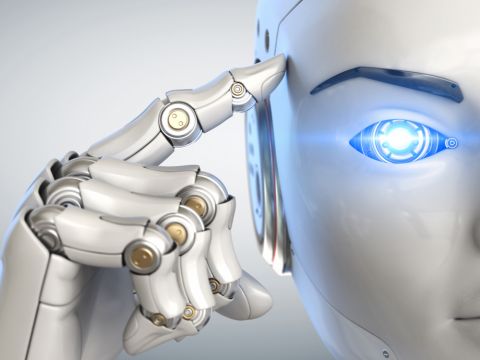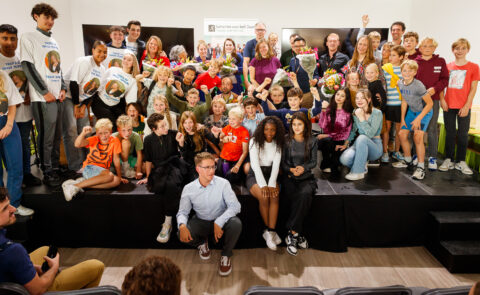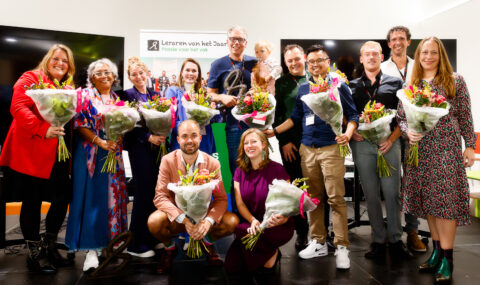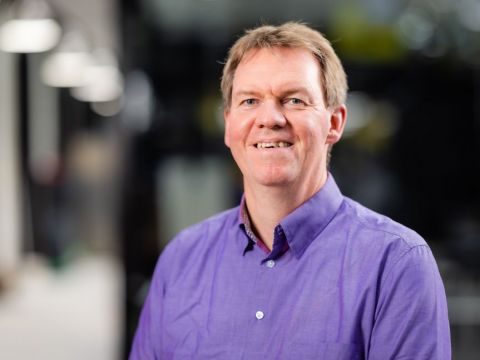Major content differences in training, however
Three-quarters of recent Artificial Intelligence graduates feel well prepared for employment. 97 percent are soon employed. 60 percent work at the wo-level. Their average gross monthly salary is 3,200 euros.
This is according to the Choice Guide Universities 2023. The number of freshmen this year was 1323, a third of whom were women. Almost all ai courses are in English. This also attracts many foreign students. Only Utrecht University and the University of Amsterdam (UvA) have a Dutch-language artificial intelligence (ai: artificial intelligence) program.
In this interdisciplinary study, you will learn to develop self-learning systems, software and robots. Mathematics, computer science, machine learning, robotics and data science are the building blocks of these intelligent systems. Subjects such as cognitive psychology, linguistics and logic also come into play in this study, as much ai has human reasoning and learning as its inspiration.
The division between technical and sociological-psychological subjects varies quite a bit from one study to another. In Utrecht, for example, the course has a less technical character. There, logic and philosophy of mind predominate. Intelligent systems at VU Amsterdam, on the other hand, is more mathematical. Programming of self-learning systems and robots also gets a greater emphasis there.
Those who want to study ai would be wise to look carefully at the differences between degree programs. Some universities have graduate programs, others offer electives or both. Also, each has its own specialty. Maastricht focuses heavily on data science. The UvA and the University of Groningen concentrate on mathematics and computer science. Nijmegen and Tilburg pay close attention to human cognition. The VU and Utrecht work with graduate programs.
Also read: Where is the best place to study computer science?











